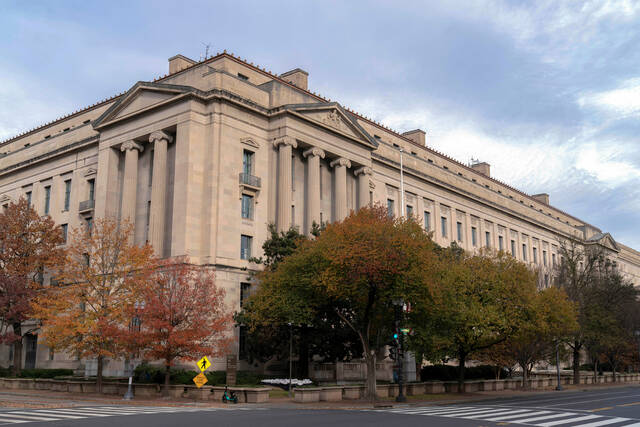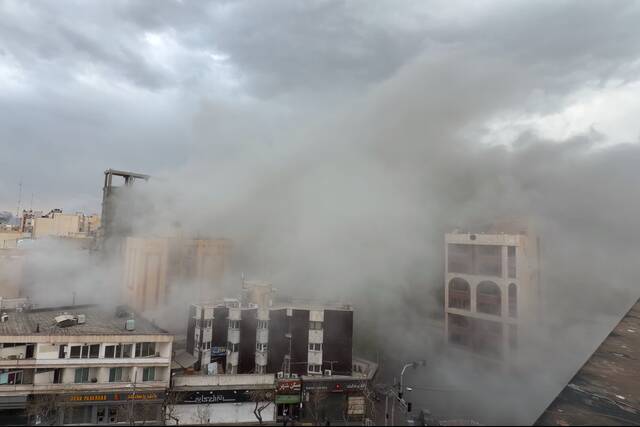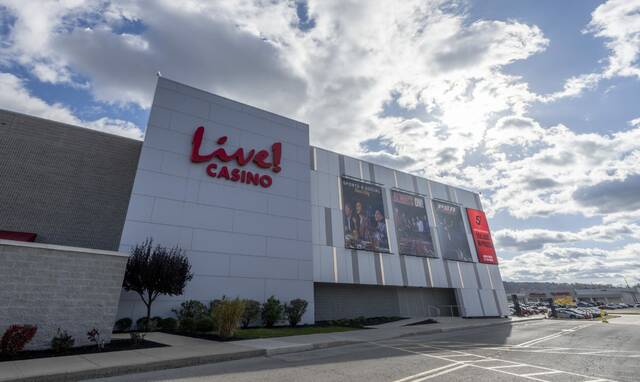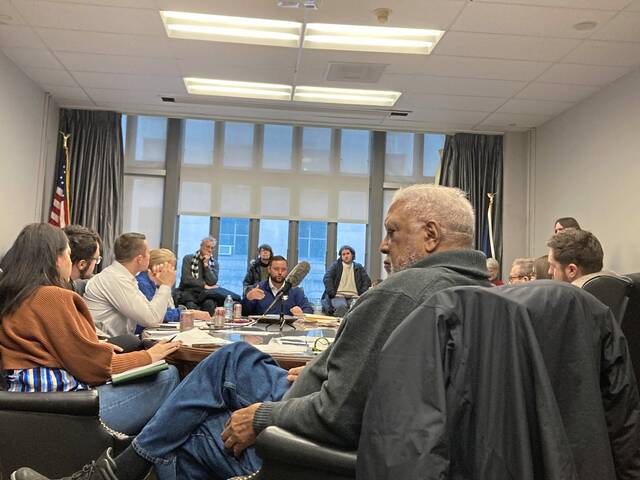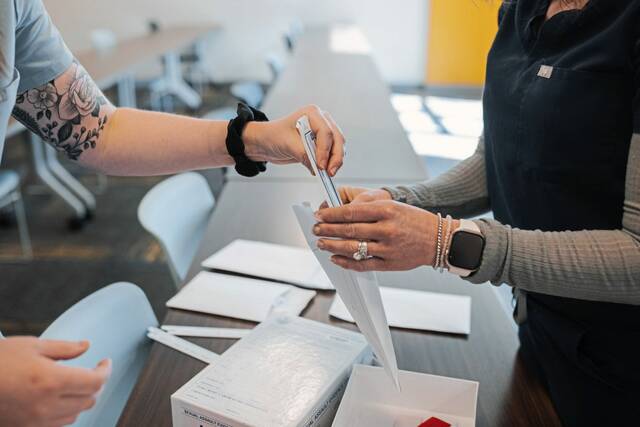A debate over whether Pittsburgh police should be allowed to use facial recognition software and predictive policing techniques is part of the overall process of police reform in the city, the sponsor of legislation restricting use of the technology said Wednesday.
“I think that it’s a good sign for public safety that we’re willing to be open and transparent about this,” Councilman Corey O’Connor said. “We’ve had a lot of community support.”
The bill would require city council to sign off on the future purchases of this technology by Pittsburgh police. On Wednesday, council moved the bill forward for a vote at its meeting next week.
Public Safety officials have said they don’t own the technology and earlier this year police stopped using a program developed by Carnegie Mellon University that uses algorithms to predict where crimes are more likely to happen.
Allegheny County District Attorney Stephen A. Zappala Jr.’s office also doesn’t use facial recognition software, spokesman Mike Manko said. The DA’s office does maintain a network of cameras throughout the county.
Pittsburgh police and other Pennsylvania law enforcement agencies can use facial recognition technology to solve crimes by using of a statewide program called the Pennsylvania Justice Network.
The bill doesn’t restrict police use or participation in the network, commonly called JNET.
Supporters of the legislation sponsored by O’Connor include more than a dozen CMU and University of Pittsburgh computer science students and researchers who have repeatedly noted how using the technology is flawed and hurts Black and other communities more than it helps them.
Councilman Ricky Burgess called the bill irrelevant and said it does nothing to help the Black community.
“I’m really careful that when I start talking about public safety that I’m not giving false hopes or using the pain of African Americans for some political or pandering moment,” Burgess said. “This bill creates no real change. If you talk about African American issues and you do not do something to improve the lives of Black people, I will call you out.”
Burgess is in favor of using facial recognition software to solve major crimes, he said.
When felonies happen in a Black community, there are often few witnesses and fewer people willing to step forward to cooperate with police, Burgess said, so the technology may be the only way police can solve a homicide.
Because the bill doesn’t stop police from using the state network or that which is used by other law enforcement agencies, it has little practical use, Burgess said.
Mayor Bill Peduto said his office is working with O’Connor and public safety officials to fine-tune the legislation.
He also doesn’t want to ban police use of the JNET tools available to them to solve major crimes.
“When we’re talking about homicide, when we’re talking about rape, these cases require a tool about finding a person who is going to cause harm to society,” Peduto said. “I believe that facial recognition is a valuable tool.”
But it “shouldn’t be used at all” for minor crimes, he said.



